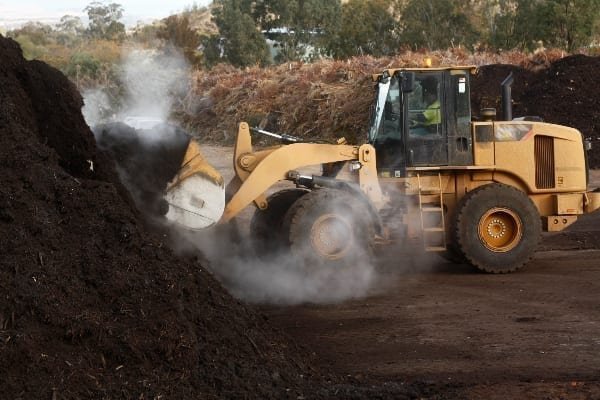What I want to talk about is this: have you stopped to think about where our waste will go after March 2019?
No? I wouldn’t blame you either, so let’s look at it a different way. From March 2019 it could cost a lot more to dispose of our waste than it has done. And when I say cost, I mean both financial and environmental. Here’s why…
The UK does not take responsibility for millions of tonnes of its own waste. Every year, we export about 15 million tonnes of recyclable material overseas and about 4 million tonnes of our municipal household waste goes to the EU.
The cost of exporting waste
Our friends in the Netherlands and Germany are very happy to receive our waste in exchange for a fee. In fact, they take about 2.2 million tonnes of it, and other places like Sweden and other Scandinavian countries receive the balance.
Not only do we pay for the pleasure of sending it to them, but we’ve also got to get it to them in the first place. Consider for one second the environmental cost of actually transporting this material from your household bin to a refuse collection vehicle, on to a transfer station, shredded, sorted, baled, on to another vehicle, on to a boat, across the sea, onto whatever destination in the EU…
And the total cost of that? Significant. Especially when you multiply this by 4 million tonnes.
The average articulated lorry does eight miles per gallon. That is a lot of diesel back and forth when each artic carries around 24 tonnes. Consider too that the value of sterling versus the euro has declined by about 10% since 2016. Or how about that experts expect tariffs for the exporting of this waste to increase by up to 7% after March? That is of course if we are actually still able to send it to them post March.
And guess who pays for this delight? The faithful taxpayer, who always picks up the bill.
I’m going to take a leap and say that the rough cost of exporting this material is about £100 per tonne (£70 cost, £15-20 transport, £10-15 baling). 100 x 4 million tonnes is £400m. A 10% devaluation in currency increases this to £440m. A 7% increase in tariff takes the bill to £471m. I’ve added a cool £71m to our bill and I’ve barely even broken a sweat. Imagine what someone could do with more than just GCSE Maths?
And don’t get me started on the environmental cost of the 26 million tonnes that we still dump in our own holes in the ground on these shores.
 Play Video about This Rock Might Just Save The World
Play Video about This Rock Might Just Save The World Play Video about Play 2 hours of rock
Play Video about Play 2 hours of rock Play Video about Play 2 hours of brook
Play Video about Play 2 hours of brook Play Video about Play 2 hours of sheep
Play Video about Play 2 hours of sheep











































